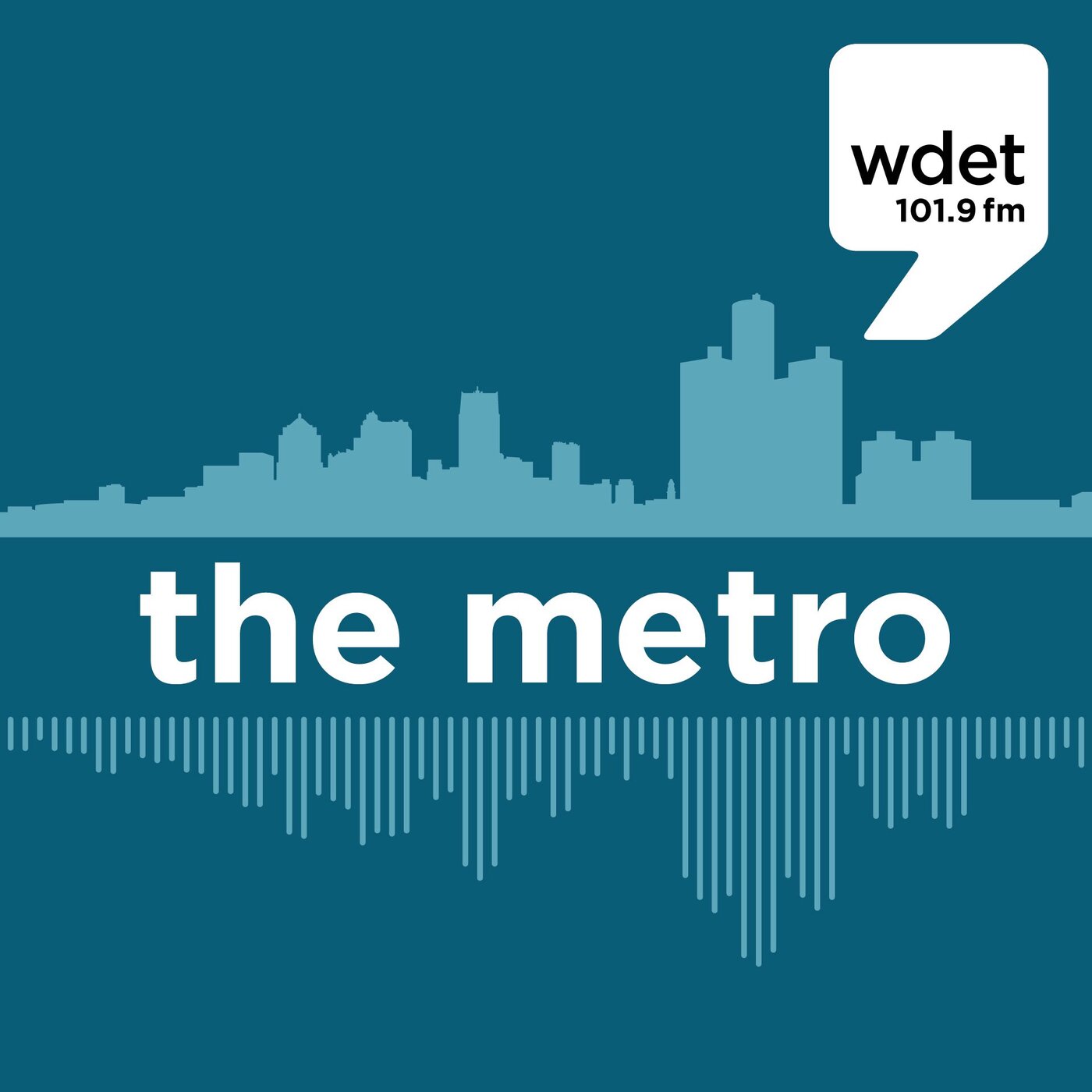
Legendary hip-hop producer J Dilla's music still beating in Detroit
Published on Apr 16, 2025, 4:08:55 PM
Total time: 00:38:13

Published on Apr 16, 2025, 4:08:55 PM
Total time: 00:38:13
Detroit’s musical legacy has left an undeniable mark on the industry. The city gave the world Motown and icons like Stevie Wonder and Aretha Franklin — artists who reshaped modern music. And we can’t forget Detroit’s role in the rise of techno, born from the basements of Belleville and stretched across the globe.
But no one flipped the game quite like producer and artist James Dewitt Yancey — best known as J Dilla.
Dilla wasn’t just a producer, he was a visionary whose beat-making style redefined hip-hop and R&B. With his MPC3000, he crafted soulful, off-kilter rhythms that broke the rules — and built new ones.
His touch can be felt in the music of Common, The Roots, Erykah Badu, A Tribe Called Quest, and Detroit’s own Slum Village, the group he helped form. Tracks like “The Light” by Common and “Runnin’” by The Pharcyde showcase his genius. And even now, nearly two decades after his passing, artists and producers still study his sound.
J Dilla died from lupus in 2006 at just 32 years old. Still, his sound lives on. From Detroit to Tokyo, Dilla’s music continues to inspire.
Feb. 7 — Yancey's birthday — was recently designated "Dilla Day" by the city of Detroit. The city also renamed a street in his honor at the corner of Nevada and Charest. And this Thursday, Pershing High School — his alma mater — is hosting an event to celebrate his life and raise awareness about lupus.
Dilla is survived by his two daughters, Ja’Mya Yancey and Ty-Monae Whitlow.
Joylette Hunter, Ja'Mya's mother and public relations developer for the James Dewitt Yancey Estate, and hip-hop educator Quan Neloms joined The Metro on Wednesday to discuss the event and reflect on Dilla's legacy.
Listen to The Metro weekdays from 10 a.m. to noon ET on 101.9 FM and streaming on-demand.
"The Metro" covers local and regional news and current affairs, arts and cultural events and topics, with a commitment to airing perspectives and uncovering stories underreported by mainstream media in Detroit.